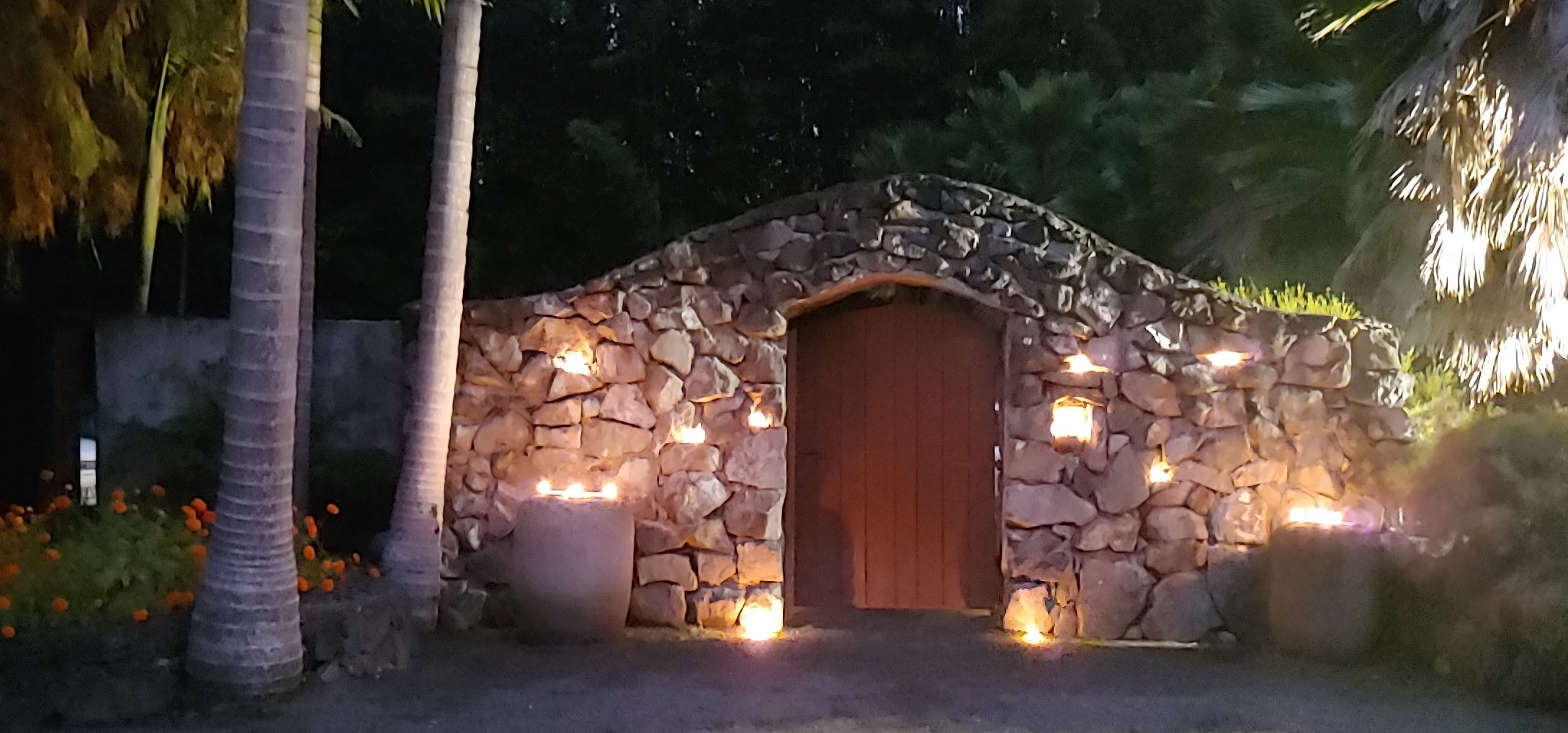navigating spiritual practice
Today, I want to explore the perplexing journey of spiritual practice and the discomfort of beginning to awaken from the concept of the self. Many times, I have felt an undeniable sense of being out of control and powerless, especially when trying to navigate this journey as someone seeking comfort and control in what is inherently an uncomfortable practice. It is challenging to open oneself to the idea that there are other ways of thinking and acting. The emotions that arise can be both painful and relieving because they may reveal aspects of ourselves that we have been unable to express verbally or through actions. Gradually and lovingly, I've come to realise that life is not about the individual 'me’. However, I've had to confront and understand the phenomenon of the separate self to truly grasp this concept. Overall, what we refer to as spiritual practice translates into becoming a loving, gentle human—attuned to the pitfalls of a world system that seeks to control yet awake to the treasure and preciousness of your own hearts intuition.
I've come to understand that my life situations, the objects I possess, and the thoughts I ponder and discuss are merely fleeting moments, steps into oblivion where I find myself ‘floating’. If death is indeed a personality, then I would say it is my constant companion—visiting, conversing, laughing, and crying with me. It threads through the narratives I weave, dreams me into being, and paradoxically, can be a great relief. To claim I am close to death feels like a bold lie, for when you look through your adorned garments, you begin to see that oblivion is an integral part of you.
Years of observation have unveiled the vast chasm between knowing and truly understanding, particularly in the realm of spirituality. In our information-saturated world, where platforms like the internet, YouTube, and Instagram inundate us with spiritual guides—gurus, priests, spiritual teachers, celebrities in every genre, and now influencers—there exists a significant gap. Why? It lies in the unconscious habit of claiming to practice spirituality while seldom internalizing its principles deeply. Mostly, it is often a superficial band aid.
How can we discern if someone is genuinely authentic in their spiritual expressions? I am not certain for anyone else, but I believe certain questions become obsolete, and the answers we seek become innately clear. Perhaps it involves an alert, harmless passion, openness to vulnerability, without manipulation for control, and a wonder and freedom that come from accepting death while alive. This acceptance allows for a gentler attitude, a kindness that is vibrant and non-judgmental.
Over time, I've confronted and understood my own manipulations and aggressive thoughts, along with my ignorance of what I once believed constituted a spiritual life. I have critically but openly observed my missteps in assuming what self-forgetting love truly means. My pretensions and overthinking led me to falsely believe in my spirituality and practice, only to witness myself repeatedly caught in a pseudo-psychological addiction, centered on a narrative of "me," seeking validation through feelings that reinforce stale perceptions. Although I thought it was all about God, I came to realize that true spiritual growth involved submission. For me, submission has been the hardest act outside of my stories, yet in the end it is a positive and courageous act, a surrender to a love that transcends and dissolves individual boundaries.
The "me" that had been holding on as if it were all there was gradually dissolved into a larger picture, a view with space to contemplate and imagine my fuller self, my light body, beyond the confines of birth and death yet the ceremony that the body gives when birth and death happens.
Arohananda

